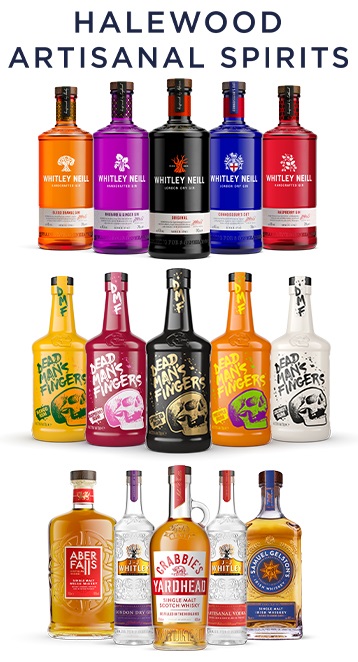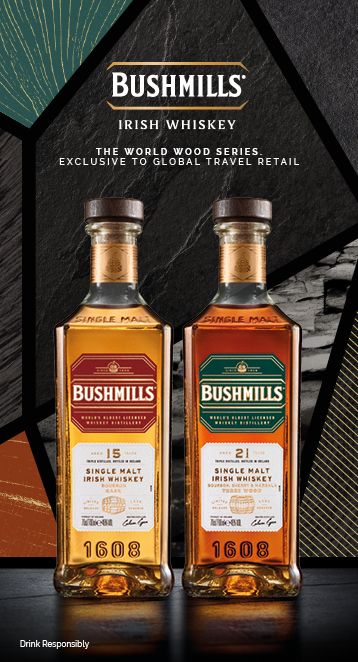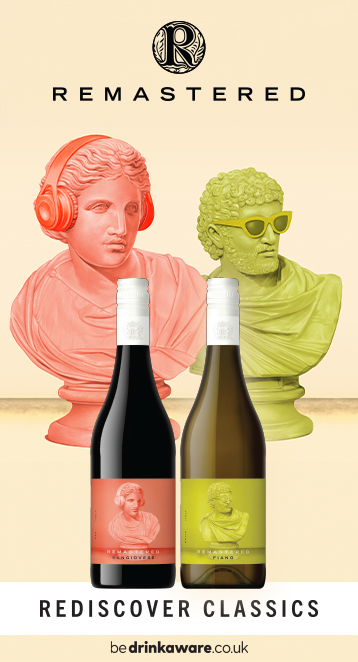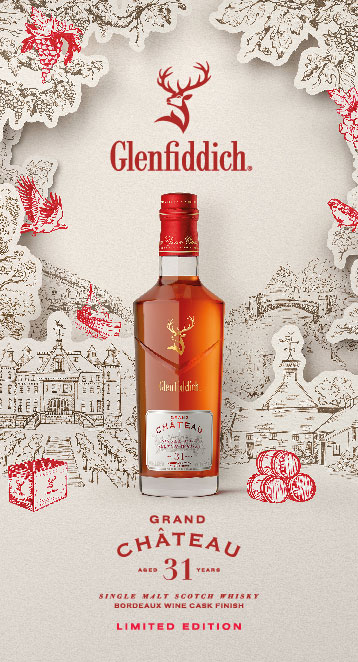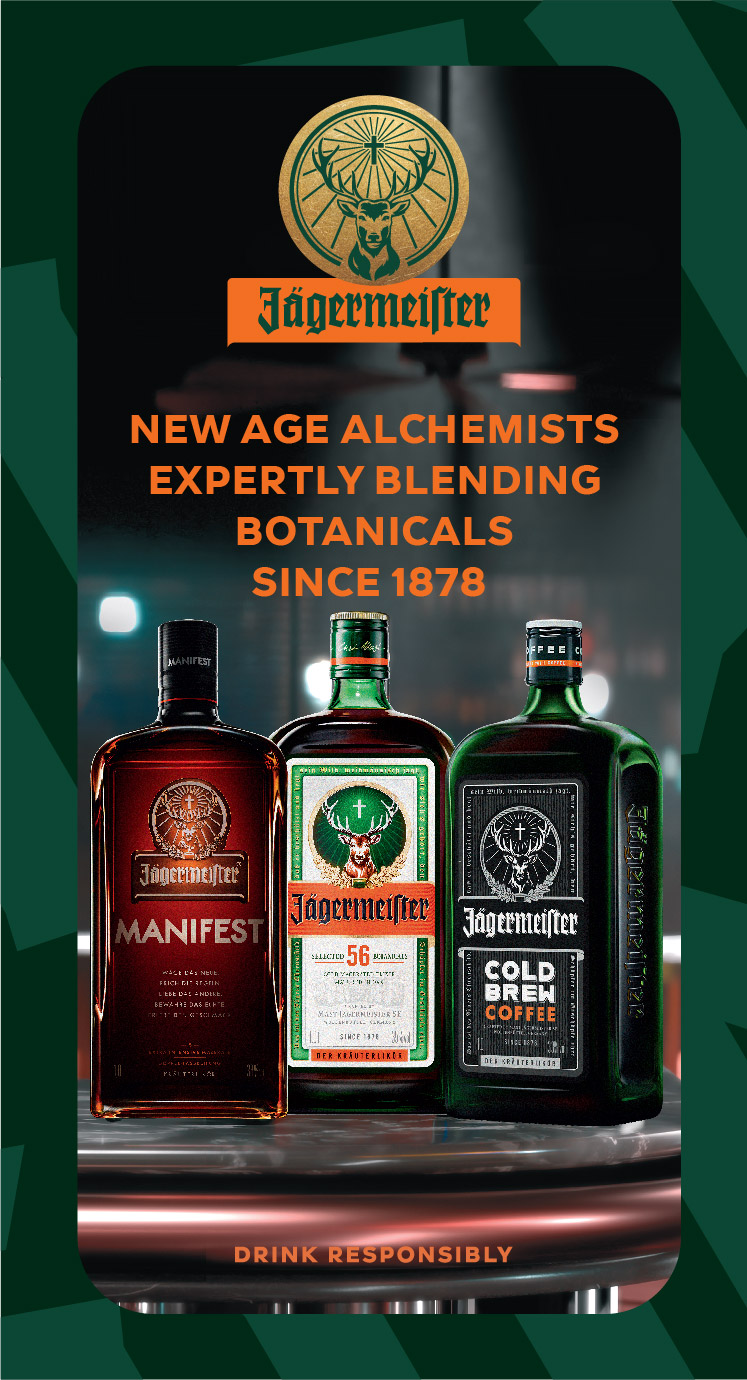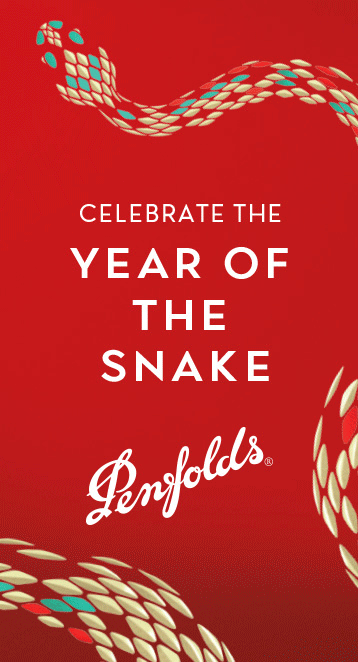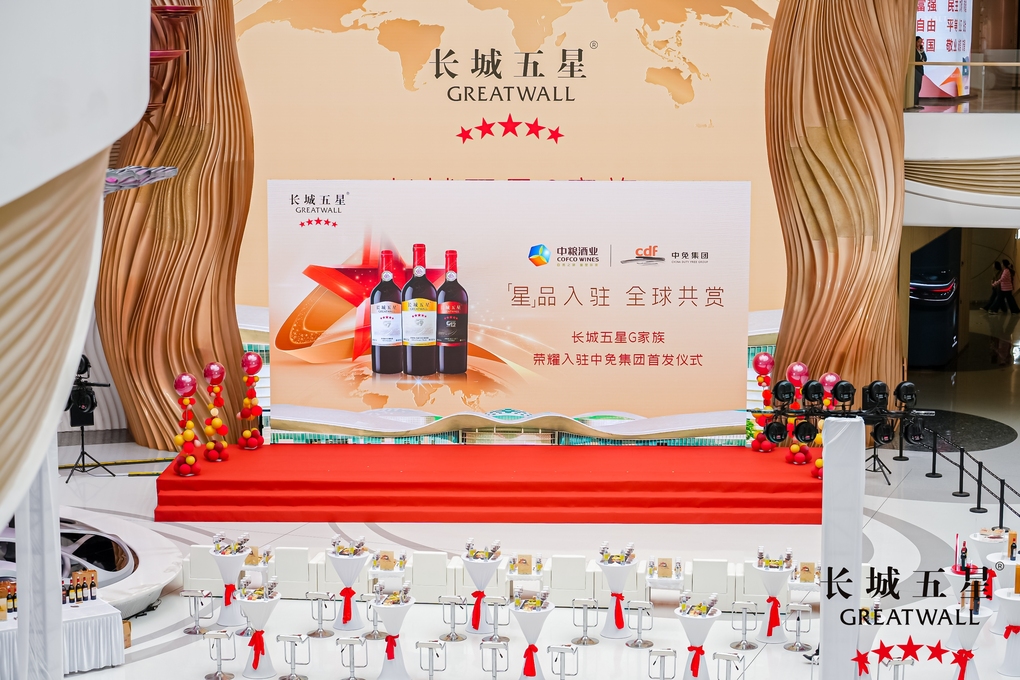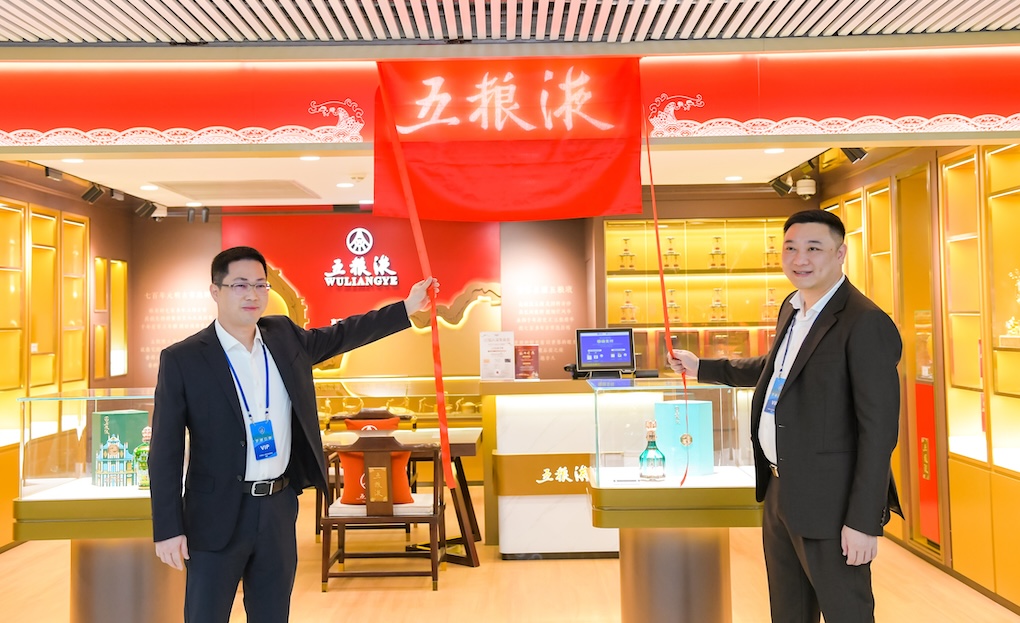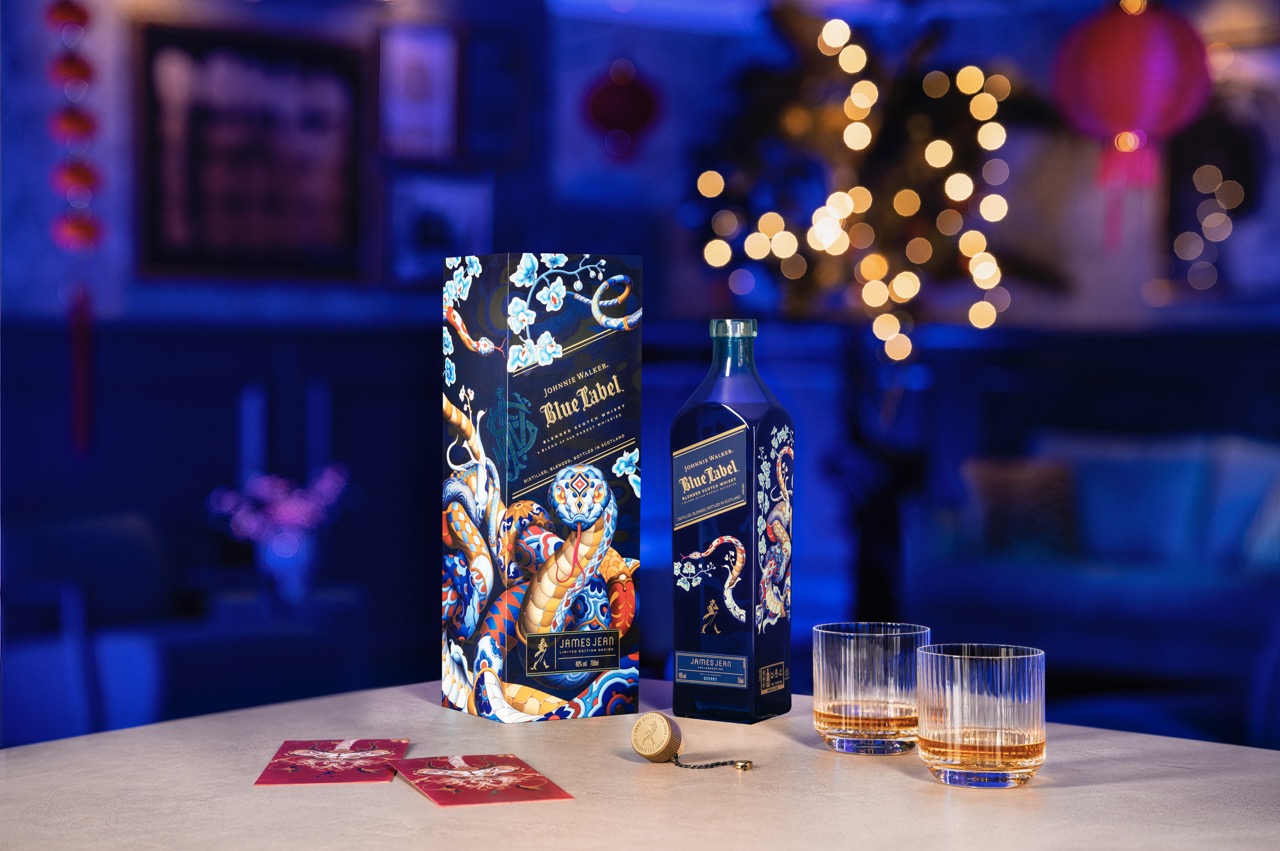Premium spirits group Edrington this week reported a -15% year-on-year decline in revenue for the 12 months to 31 March, with the figure reaching £576.2 million. The performance was driven by the impact of COVID-19 on the on-trade and travel retail channels, along with trade destocking in key markets.
Core contribution (profit from branded sales and distribution at constant currency and after the deduction of overheads) came in at £196.5m, down by-19%, with pre-tax profits falling -21% to £178.4 million. The company invested £118.9 million in brand-building marketing activities in the year, which was -8% lower than a year earlier.
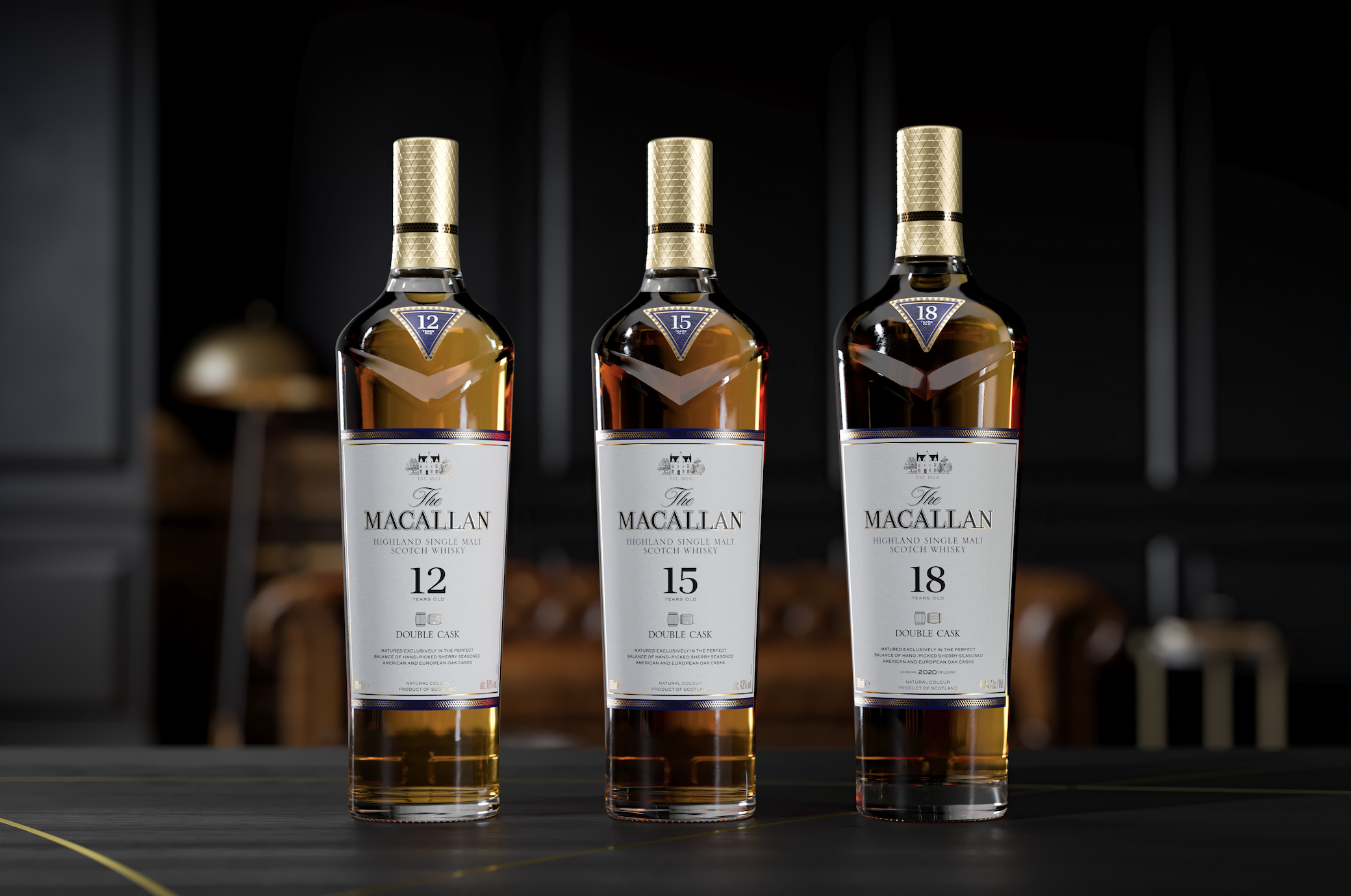
Edrington’s leading brand, The Macallan, saw “a significant decline in contribution driven by a sharp contraction in global travel retail, closures of bars and restaurants and wholesaler destocking in the USA”.
Edrington said that consumer demand remained strong and the business accelerated progress in new channels such as ecommerce. The brand saw strong performances in China, Southeast Asia and Russia.
The group noted that it was “a challenging year” for other single malts in the portfolio, Highland Park and The Glenrothes, reflecting “a competitive category, loss of sales in travel retail and the impact of tariffs in the USA”.
The Famous Grouse “proved resilient” in its core markets in northern and eastern Europe and extended its leadership position as Scotland said Edrington.
Brugal, Edrington’s premium rum, generated “outstanding growth” in its home market of the Dominican Republic, where the company was able to maintain supply and visibility for consumers.


Chief Executive Scott McCroskie said: “In last year’s annual report, I anticipated a decline in profitability after several years of consistent growth, as a result of the coronavirus pandemic and tariffs on single malt Scotch whisky in the USA, our largest market. Our reported results confirm that this was indeed the case, although I believe that the relatively modest declines represent a good outcome in the circumstances.
“The reduction in net sales reflects pandemic-related restrictions as well as trade destocking primarily in the USA. Our decision to maintain relatively high levels of brand investment meant that core contribution reduced by more than net sales, although that was mitigated by a range of cost reduction measures. Our free cash flow and net debt both improved as a result of these measures, and I am pleased that the company remained well within its lending limits and banking covenant tests.
“The fundamentals of our business are strong, and our brands are in good health. Although the pandemic will continue to impact our business for some time to come, I am encouraged by the growth in sales we have seen in the first quarter of this financial year. I am confident we can navigate the challenges we face and that we are ready to progress from a position of strength.”
Edrington has agreed to take a significant minority stake in No. 3 London Dry Gin, the ultra-premium gin owned by Berry Bros. & Rudd. Edrington has had a long-standing partnership with BB&R, dating back nearly 100 years.
The agreement will see No. 3 distributed across Edrington-owned distribution markets including the USA, APAC, global travel retail and the Nordics. Berry Bros. & Rudd will continue to distribute in markets including the UK, Germany, Italy, Spain, Australia, and Belgium. The companies are not disclosing the financial terms of the agreement.



